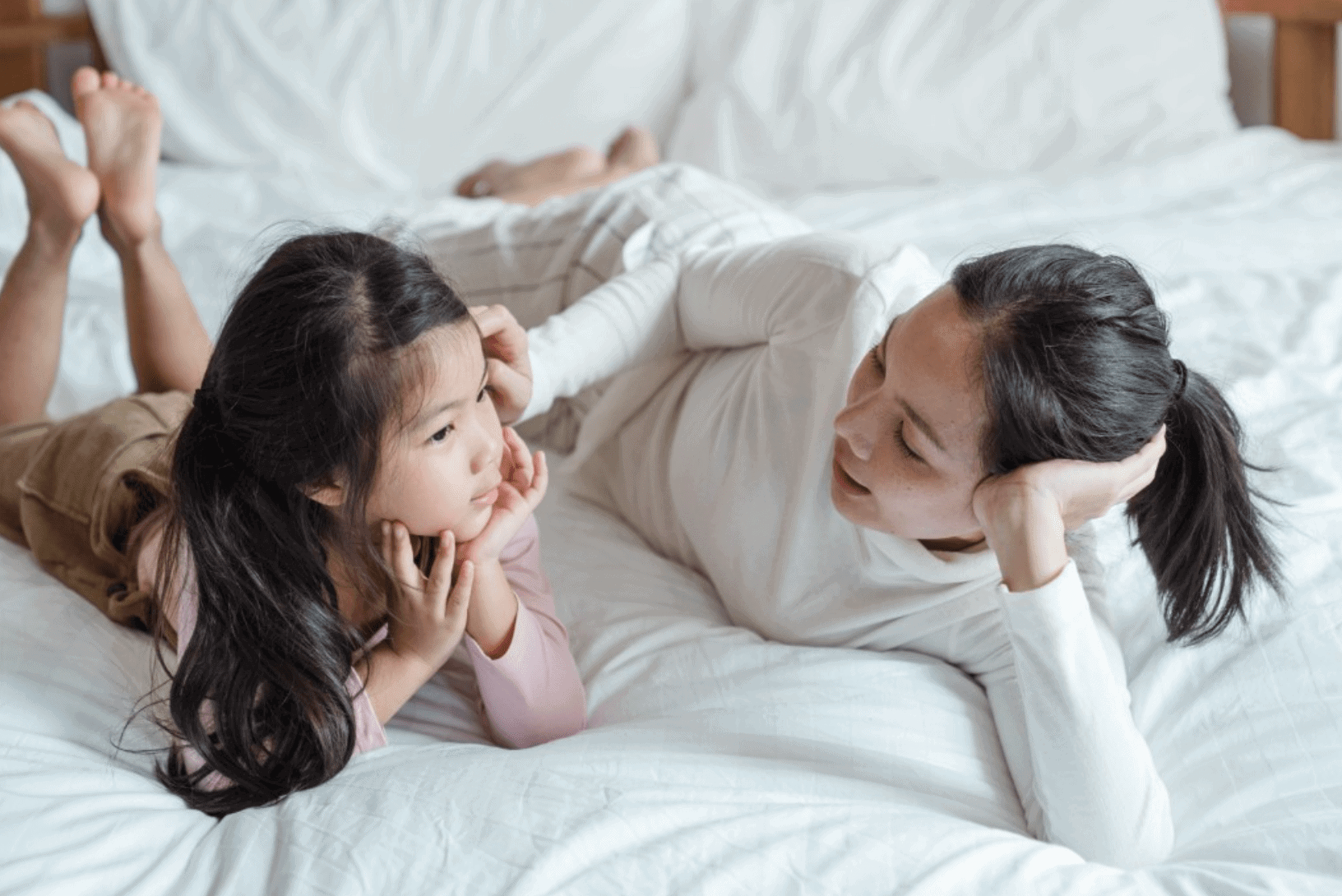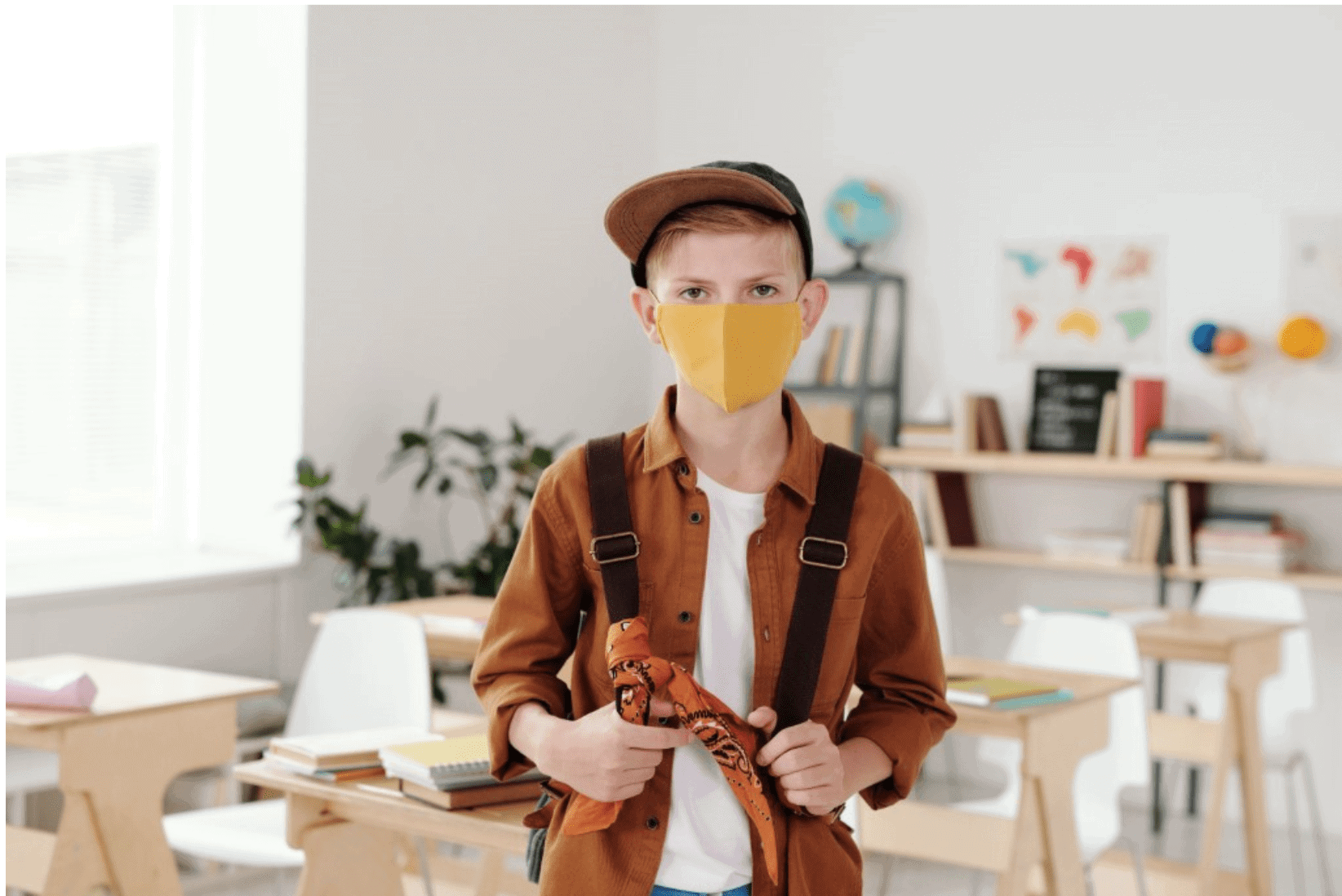Back-To-School During A Pandemic
Going back to school while we are still in a pandemic can make children experience a wide range of emotions.
Many things have become more normalized, but the reality is that we are still in the midst of a pandemic. With parents being more open to their children going back to school in person as opposed to home-schooled or virtual-learning, it still leaves feelings of anxiety and fear. Here are some tips that parents and caregivers can do to help children cope with difficult emotions as they re-enter in-person school learning.
3 Tips To Help Children Cope With Difficult Emotions

1. Validate their feelings
Validation is simply letting the other person know that their experience is real. This is especially important for children because it’s likely they aren’t understanding why they are feeling them. Being understood is a vital part of feeling connected and supported at any age. Communicate with your child about their concerns and let them know that you get it. They will calm down or elaborate further because they feel safe sharing their experience when you have an open conversation about what they are feeling.
In return, this could surface your own feelings and thoughts like “Am I making the right decision sending my child back to school?” As much as it is important to validate the child’s feeling and emotion, it’s important that you validate your own as well. If you’re having a hard time juggling your own emotions, then it could be alarming for your child. Remember that caring for yourself is equally important as caring for your children. If you need support, we have licensed therapists who are here so you can have support too.

2. Create schedules, structures, and routines.
It is normal that thing have been more relaxed with virtual learning. Give yourself compassion as you reinstate schedules, structures, and routines. After some time, the consistency will help them know what to expect and feel safe.
Establish important times, such as bedtime, playtime, snack time, etc. Make sure the routine is easily digestible for your child and isn’t overwhelming. Work towards consistency but always have room for flexibility. It’s important to have compassion with yourself and your family when things deviate from the routine, as it is going to happen.
One thing you could add into your routine is a check-in with them to see how they are feeling, any experiences that they had challenges with, and to help them process through them. This could be a good bed-time routine so that it’s off their mind and they can get a good night’s rest. If it’s difficult for them to express these ideas in words try getting creative with drawing, coloring, or playing.

3.Practice empathy and be a guide for self-care
Your children are watching you even when you think they aren’t. You are a role model and they will gain inspiration from you. Initiate any conversation you have with your child with empathy and understanding. Explain the importance of self-care when it comes to washing hands, wearing their masks, and keeping safe distance. Set aside some time before or after school to do meditation together or have time in nature (even if it’s a short walk around the block). Be empathic toward the challenges they are facing and the feelings they bring up.

About the Contributor
Proofed and Verified by: Erica Aina, LCSW
Erica is the Clinical Supervisor and one of many therapists at Elliott Counseling Group. As the Clinical Supervisor she supports clinical growth, oversees protocols, and provides mentorship, monitoring, support, and supervision to therapists. As a therapist, she specializes in trauma work, depression, children/teen issues, and crisis management.
WE’RE BETTER TOGETHER.
We offer medication management, therapy, and counseling services in Champaign, Urbana, Mattoon, Charleston, and throughout Illinois with Telehealth. There are no long wait lists, and we are accepting new clients. We would love to see if we are a good fit for your needs. Contact our client care team to get started.
